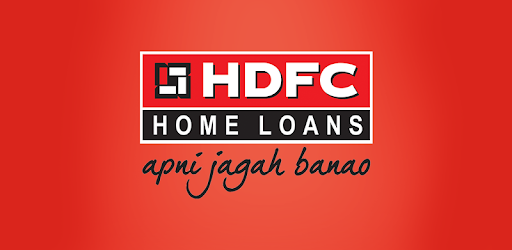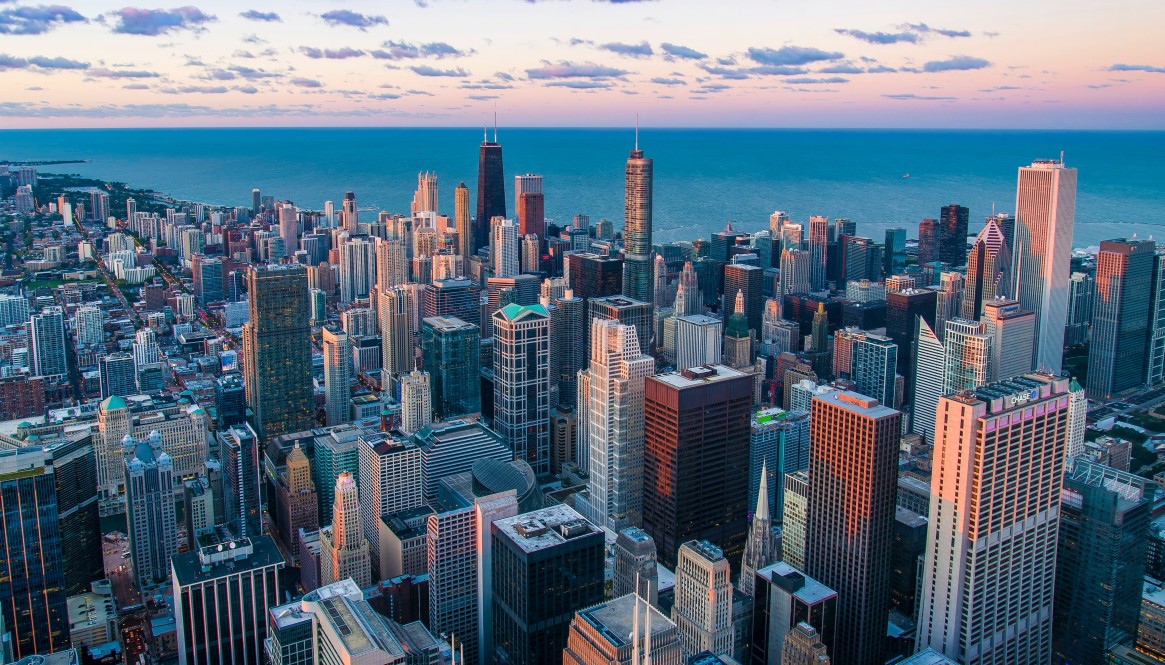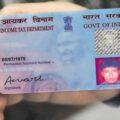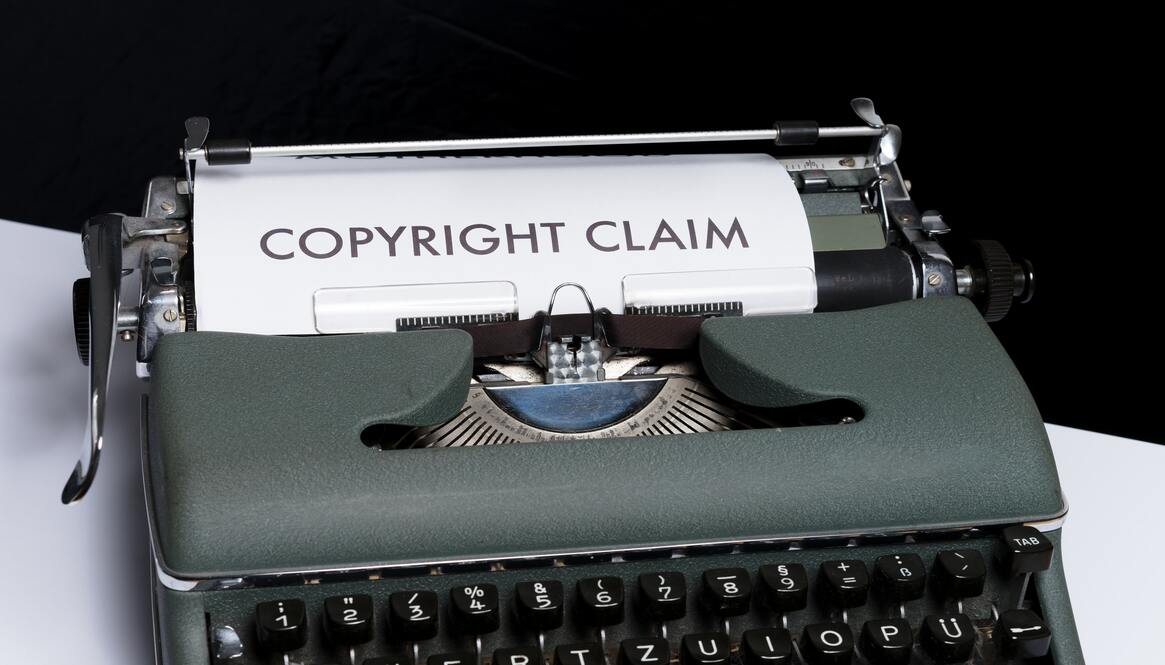Copyright registration procedure in India
Meaning of copyright
Copyright is a right given to the holder which protects its work being protected from copying by others. Copyright is usually given to the creators of literary, dramatic, musical and artistic works and the producers of cinematograph films and sound recordings.
All works or ideas are not covered under copyright law. Copyright ability is the characteristics of a work that makes it suitable for a copyright. For a work to be copyrightable, it must be an original idea that is put to use.
Copyright registration in India
The registration of a copyright is not mandatory in India. Registration of a copyright is merely considered as recording of facts. However, it is always advisable to consider copyright registration as it offers certain advantages to a copyright holder such as-
- Prevention of monetary loss
- Legal protection under the law is provided to a registered copyright
- It dissuades others from making unauthorized use of your work.
- Copyright registration creates enough headroom for incentive to create
Copyright registration process in India
In this article, we would look into details of the copyright registration process followed in India. There are 3 main steps involved in registration of a copyright in India. These are-
- Filing of copyright application
- Inspection of trademark application
- Registration of copyright
Let us look in detail about each step mentioned above-
Filing of copyright application – There are 3 methods through which the author of the work, copyright claimant, owner of an exclusive right for the work or an authorized agent file an application for a copyright. These are 1) Filing copyright application physically in the copyright office 2) Sending complete application through speed post or registered post 3) Filing copyright application online on the official copyright website of the Indian government.
It is to be noted that for a different work, a different application needs to be submitted at the official copyright registrar. Different work has different fees and should be submitted accordingly. A tentative list of different fees for different types of work is provided below-
| For an application for registration of Copyright in a Cinematograph Film (Section 45) | Rs. 5,000/- per work |
| For an application for registration of change in particulars of copyright entered in the Register of Copyrights in respect of Cinematograph film (Section 45) | Rs. 2,000/- per work |
| For an application for registration of copyright in a Sound Recording (Section 45) | Rs. 2,000/- per work |
| For an application for registration of changes in particulars of copyright entered in the Register of Copyrights in respect of Sound Recording (Section 45) | Rs. 1,000/- per work |
| Literary, Dramatic, Musical or Artistic work | Rs. 500/- per work |
Examination of a copyright application – A diary number is issued to each copyright applicant. A copyright applicant can visit the official copyright portal to get the latest update about his copyright registration application. Usually, a period of 30 days is provided by the trademark examiner to examine the copyright application. During this waiting period, members of the public can raise objections against copyright registration.
Processes get divided into parts depending upon whether objection is received for a copyright or not. let us look at process for each of them-
No objection – If no objection is raised from the general public. Then, the copyright examiner will go with the normal process of examination of the copyright. He would examine copyright application and documents for any defects whatsoever.
- If no defects are found with a copyright application or with documents the applicant is moved to the next step.
- If any discrepancy is found with either application or documents then a letter of discrepancy is sent to the applicant. Applicants need to reply within a specified time interval to get a hearing from the copyright registrar. If no reply is received from applicant within specified time then copyright registration is discrepancy as null and void. Upon hearing and subsequent removal of the discrepancy , the applicant is allowed to move to the next stage of copyright registration.
Objection raised – If an objection is raised from a member of a general public then examining authority would call upon both parties to hear their side. This usually happens when a member from a public thinks that your copyright is infringing on their original work.
- After hearing from both sides, if the objection is rejected, the copyright registration application goes ahead for scrutiny and the above-mentioned discrepancy procedure is followed.
- In case objection is found to be genuine, the application is rejected and a rejection letter is sent to the applicant. For such applicants, the copyright registration procedure ends here.
Copyright registration – This is the final step for a copyright registration in India. During this step, the registrar might ask for some additional documents or may ask some important questions. After successfully completing formalities, your copyright would be successfully entered into the copyright register and certificate of copyright registration would be issued to you.
Although, registration of a copyright is not mandatory in India. However, it is important to safeguard your creative and original work from being copied. It has been observed that the process for a copyright registration is a lengthy one one and may go up to a year altogether.
However, fruits of copyright registration can only be tasted when you are able to protect your original work from getting copied by some other person. In this article, we have discussed in detail about steps involved in copyright registration in India.
Meanwhile, registering a trademark is also one of the most important business decisions taken by a business owner. There are several advantages offered by a registered trademark. You can read below mentioned articles to get to know more about importance of trademark registration and trademark search-
- Want to know more about different trademark classes?
- How to conduct trademark public search in India?
- Important tips for IPIndia public search
- Advantages of external search over internal trademark search
- Detailed trademark registration process in India
- Documents required for trademark application
- How to check trademark application status?
- Why are Trademarks important?
- How to renew a trademark?
- How to deal with trademark objections in india?

















